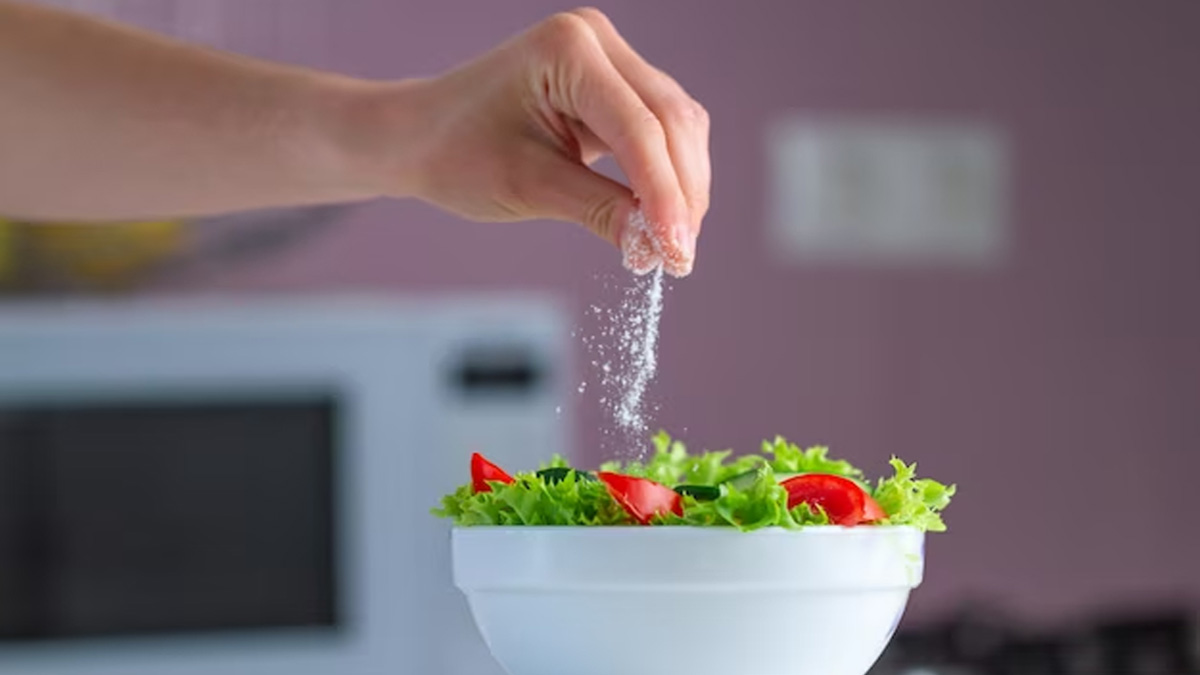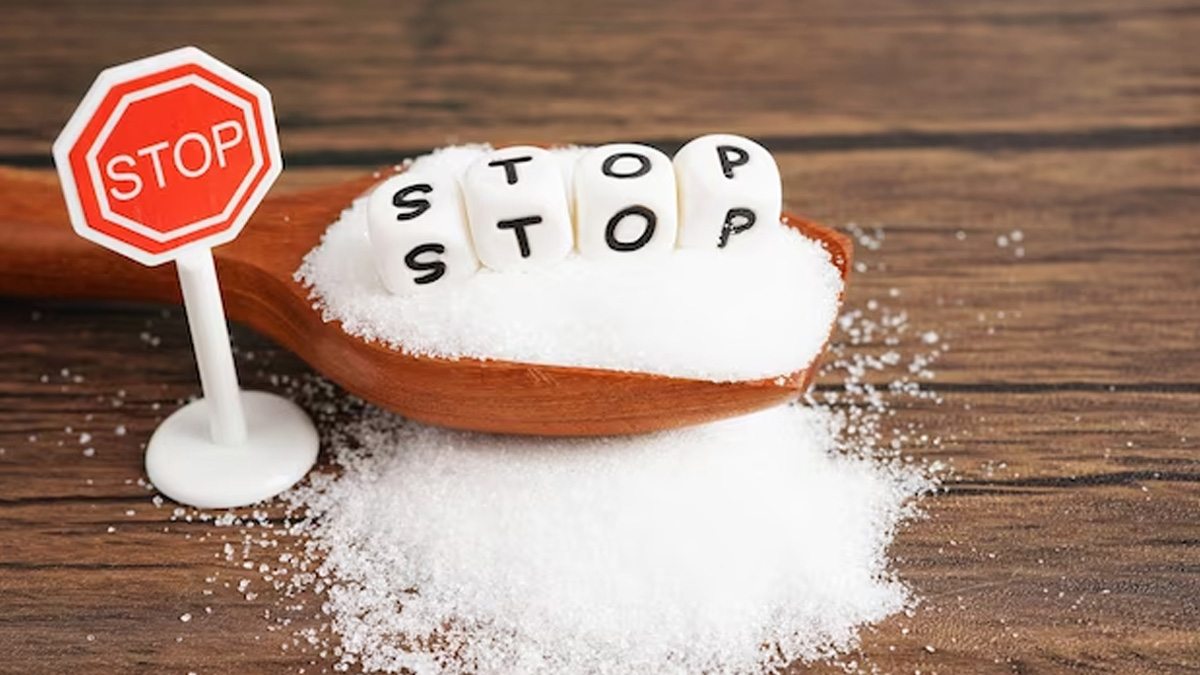.jpg)
In the realm of health and wellness, there exists a potent ingredient that, when consumed in excess, can significantly undermine our wellbeing: salt. While salt adds flavour to our meals and is essential for our bodies to function properly, overindulgence can lead to a plethora of health issues. Health professionals worldwide are increasingly emphasising the need to cut back on salt intake for better overall health.
Table of Content:-
We spoke to our expert Mayuri Rastogi, Assistant Professor, Nutrition and Dietetics Department - Sharda University to shed some light on the same. Here is what she shared with us.
The World Health Organization (WHO) recommends keeping daily salt consumption to less than 5 grams, which roughly translates to about one teaspoon. This guideline underscores the importance of moderation in our salt intake. Yet, many individuals far exceed this limit, unknowingly putting themselves at risk for various health problems.
Blood Pressure Blues
One of the most concerning repercussions of excessive salt consumption is its impact on blood pressure. High blood pressure, or hypertension, is a significant risk factor for heart disease and stroke, two leading causes of mortality worldwide. Studies have consistently shown a direct correlation between salt intake and blood pressure levels. By reducing salt intake, individuals can potentially lower their blood pressure and mitigate their risk of developing these life-threatening conditions.

Also Read: 8 Benefits Of Using Orange-Based Skincare Product
Guarding the Kidneys
Moreover, the detrimental effects of excessive salt extend beyond cardiovascular health. Kidneys, vital organs responsible for filtering waste and regulating fluid balance in the body, are also adversely affected by high sodium intake. Too much salt can strain the kidneys, potentially leading to kidney damage over time. By cutting back on salt consumption, individuals can promote better kidney health and reduce their risk of developing kidney problems.
Tips for Reducing Salt Intake
Fortunately, there are practical steps individuals can take to reduce their salt intake and safeguard their health. One effective strategy is to limit the consumption of processed foods, which are notorious for their high sodium content. Processed snacks, canned soups, deli meats, and condiments are among the culprits that contribute significantly to our daily salt intake. Opting for fresh, whole foods instead can significantly lower overall sodium consumption.

Alternative Seasonings for Healthier Meals
Another approach is to adopt mindful cooking practices at home. By preparing meals from scratch, individuals have greater control over the amount of salt added to their dishes. Experimenting with herbs, spices, citrus juices, and other flavour-enhancing ingredients can elevate the taste of meals without relying heavily on salt. Over time, taste buds can adapt to lower levels of salt, allowing individuals to appreciate the natural flavours of foods more fully.
Also Read: Expert Talk: Understanding Uric Acid Symptoms and Effective Management for Men
"Furthermore, raising awareness about the dangers of excessive salt consumption is crucial for fostering healthier dietary habits. Education campaigns led by health authorities and community organisations can empower individuals to make informed choices about their salt intake. By understanding the link between salt and health outcomes, people are more likely to prioritise moderation and take proactive steps to reduce their sodium intake," shares Rastogi.
A Final Word
The need to cut salt intake for better health cannot be overstated. Excessive salt consumption is associated with a myriad of health problems, including high blood pressure, heart disease, stroke, and kidney damage. By adhering to WHO guidelines and consuming less than 5 grams of salt per day, individuals can significantly reduce their risk of developing these debilitating conditions. Through practical strategies such as avoiding processed foods, cooking at home, and raising awareness, we can collectively promote healthier dietary habits and improve overall well being. Remember, when it comes to salt, moderation is key to a healthier life.
Also watch this video
Read Next
Consuming Salad On An Empty Stomach: Expert Explains What Happens To Your Body When You Eat One Bowl
How we keep this article up to date:
We work with experts and keep a close eye on the latest in health and wellness. Whenever there is a new research or helpful information, we update our articles with accurate and useful advice.
Current Version
